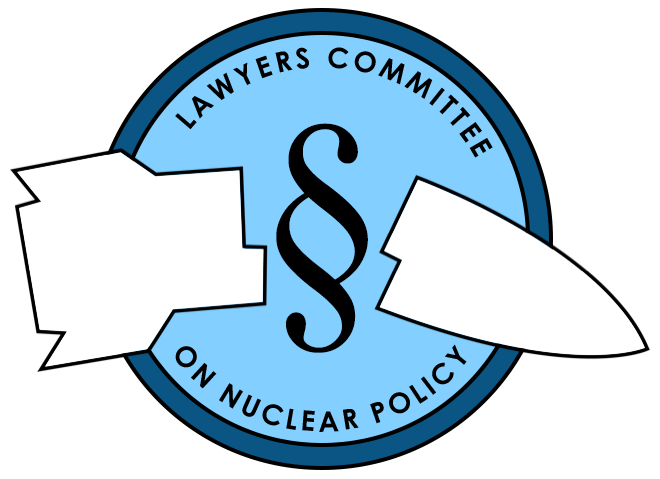Securing A Safer Future: The 10th NPT Review Conference and the Potential of a Middle East WMD-Free Zone
Hadeel Abu Ktaish, LCNP Intern
Creating a Weapons of Mass Destruction-Free Zone (WMDFZ) in the Middle East has been a key international priority for decades. Resurfacing at the United Nations and Non-Proliferation Treaty (NPT) Review Conferences, the process of establishing a WMDFZ has undergone a tumultuous series of events among proposed zone members and NPT member states. Though the zone issue has long enjoyed broad regional and international support, it remains an unfulfilled obligation of the NPT’s indefinite extension in 1995. States in the region and NPT member states have blamed one another for the elusive progress on the zone, disagreeing on the terms and sequence of events that would lead to its concretization. These issues are complicated by disagreement on the relationship between this WMDFZ proposal and the NPT, as well as a larger lack of impetus for reaching a consensus due to discrepancies in states’ desired approaches and outcomes. Nonetheless, ongoing dialogue and steps taken since 2018 have revived momentum and brought us closer to a zone than ever before.
On the global level, a Middle East WMDFZ would be the first of its kind to extend beyond addressing nuclear weapons, like the nuclear-weapon-free-zone treaties, and would prohibit nuclear, biological, and chemical weapons. The zone would strengthen existing international law related to the disarmament and prohibition of WMD. Lawyers Committee on Nuclear Policy (LCNP) takes the position that the use or threat of use of nuclear weapons is illegal under international law, and there is a universally binding obligation to pursue and conclude negotiations on nuclear disarmament. The implementation of a WMDFZ in the Middle East would be one step toward this end.
A legally binding treaty establishing a WMDFZ in the Middle East would build on existing treaty law regarding nuclear, chemical, and biological weapons by acting as an umbrella treaty for these three pillars in the region. It could also provide momentum for regional states to join existing conventions, particularly the Biological Weapons Convention (BWC), Chemical Weapons Convention (CWC), Nuclear Non-Proliferation Treaty (NPT), and the Treaty on the Prohibition of Nuclear Weapons (TPNW). A zone would align with obligations under NPT Article VI for states to negotiate in good faith and pursue disarmament. In addition, it could provide innovative solutions for verification mechanisms that no regional organizations or treaties address at present. A treaty on this matter would strengthen norms against WMD development, possession, and use under customary international law. Moreover, a WMDFZ has the potential to ease decades of conflict, insecurity, and distrust in the Middle East.
Read more here.
Hadeel Abu Ktaish is a Junior Fellow at the Center for International Policy and former intern at the Lawyers Committee on Nuclear Policy. Her thorough understanding of and familiarity with the Middle East are enriched by her Palestinian background and life both in the United States and Jordan. Her interest in arms control and nuclear non-proliferation emerges from her aim to reduce militarism and promote diplomacy in U.S. foreign policy, particularly towards the Middle East. She holds a B.A. in International Relations from Boston University with a minor in African American Studies.
